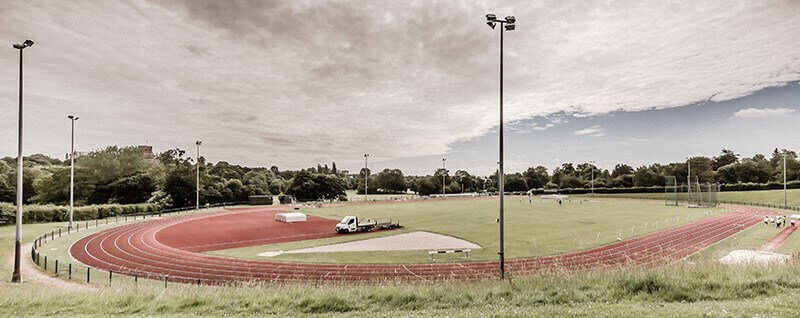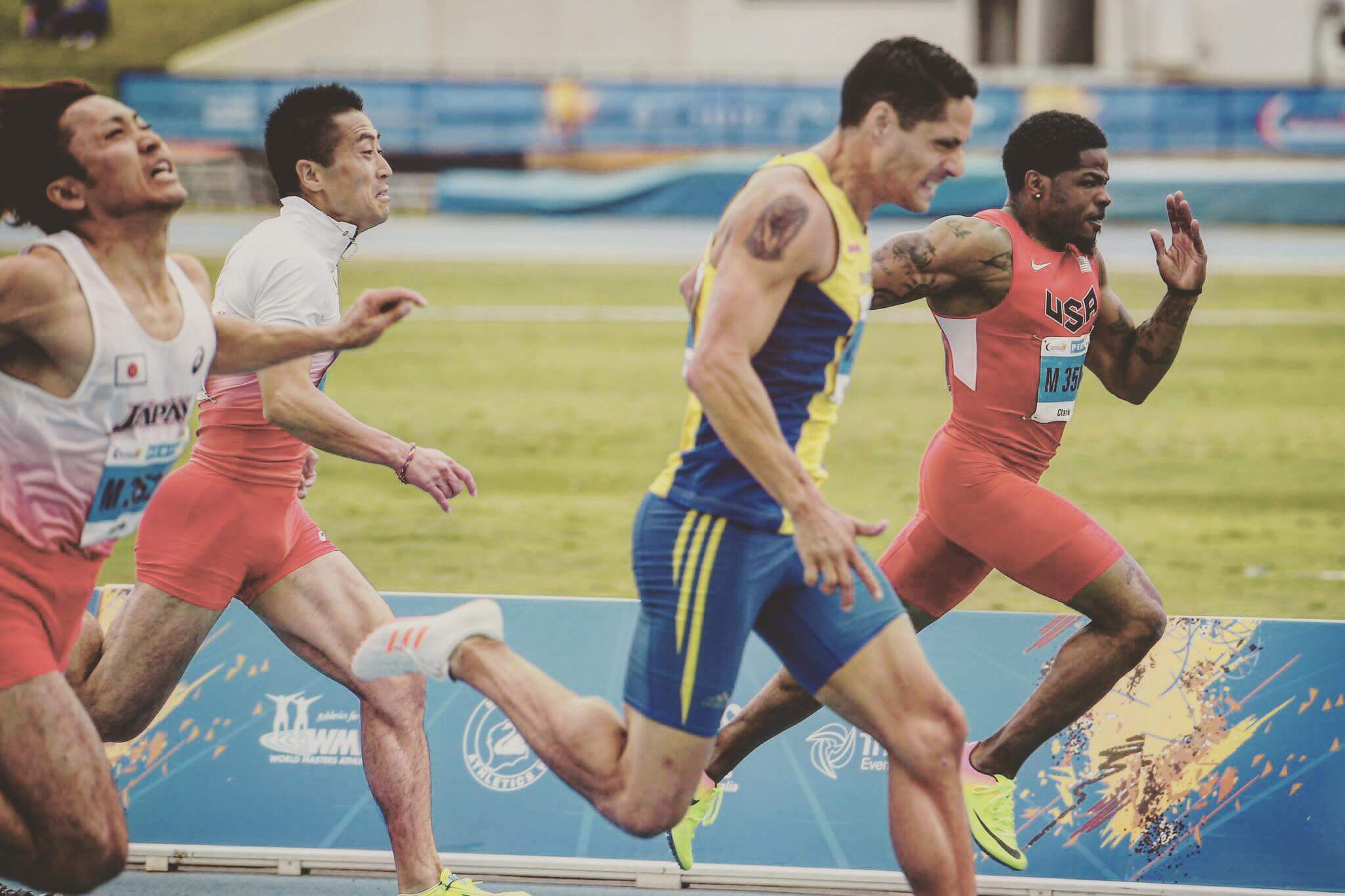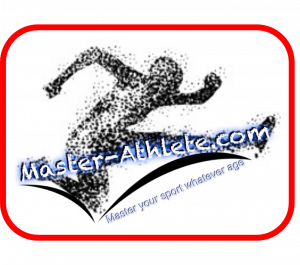Master Athlete Interview
Here we meet with World M35 100m Champ from Perth, Lion Martinez.
Who am I?
-
Name: Lion Martinez
-
Age Group: M35
-
Nationality: Swedish
-
Event (s): 60m/100m/200m
-
When did I start Athletics: 1989..:S
-
Pre Masters PBs: 6.69/10.45/21.32
-
Masters PBs: 7.04 (working on it this season!)/10.86/22.42 (only race, 2015)
What is your biggest accomplishment as a ‘master-athlete’ so far? And how did/does it make you feel?
It’s definitely winning the 100m during the Masters World Championships in Perth 2016. It was an incredible, unbelievable feeling that I will never ever forget. A huge sense of surprise and accomplishment. Especially as I was out for 8 months prior to the competition with tendonitis in both feet stemming from psoriatic arthritis and only had 3.5 months or so to prepare. It was hellish so this win meant everything to me. I got back into track because my grandfather passed away and I wanted to make sure I stayed healthy for my children for decades to come. This win I dedicated to him and my grandmother.
Why do you still compete? What keeps you motivated?
I’m most likely like most other Masters; a fierce competitor and winning drives me, accomplishing drives me. Even other athletes motivate and inspire me with their hard work and dedication. Especially my competitors.
How do you balance life and athletics?
It’s of course very difficult and requires a lot of planning along with a very supportive family and group of friends and of course also support from the athletes I’m coaching. I’m sure this is something most Masters can relate to, that there’s constant compromise and sacrifice. But sacrifice is the prerequisite to success!
What would you like to see happen to improve Masters Athletics as a sport?
More support from national organizations mostly and more coverage. The only thing that separates us from non-Masters is our age, that’s it.
When is your next master’s competition, Target?
I got Nationals coming up, just want to make sure I execute and get the season back on track as I’ve haven’t been 100% healthy yet (colds etc). Then on to EMACI in Aarhus this summer to compete for a title I really want and I know there will be a big group of very fast sprinters on location so I really need to step up my game. Looking forward to that!
What is your diet like?
-
Supplements?
-
Considerations for being an older athlete?
I’m a huge sucker for white bread and carbs so I really have to work with being hard on myself and stay disciplined. However in many ways I’m in better physical shape than when I was younger and I try to make sure I get enough quality proteins in throughout the day and week. Preferably from eggs and fish and especially around strength days. I always try to get some mixed carbs in before my sprint sessions as well. Back in the 90s we were taught that “a banana after working out is good so the muscles don’t start breaking down” which is basically pseudosicence at best and we know much more about nutrition today and how important protein is after working out (not saying carbs aren’t).
I definitely could eat a little bit more greens, veggies and fruit for sure! 🙂
Before the bigger competitions I do try to come down in weight just a little, weigh around 74-75 or so (around 75-77 in training). If rested, it’s not very hard and it’s important to not cut too much as it can wreck a taper. Just watch my carb intake and let it come off about a 100-200g or so a day naturally. I treat my competition days as pure eating days to make sure I replenish glucose and to make sure I feel good and energized.
Supplement wise I take a multi-vitamine, extra D-vitamine and Omega 3. I also supplement at times with a protein shake when access to food is not optimal.
I think considerations for older athletes are the same and perhaps even more important as we need more recovery and our hormonal levels are on a downslope.
What is a typical training week for you? (Winter or Summer)
It usually follows the same template year long mostly. My week starts on Sundays which is a towing and speed day, possibly some phosfate sprints (repeat 60s). Mondays are recovery oriented so perhaps tempo runs and some core work. Tuesdays are strength and power in the gym, Wednesdays are core and upper body. Thursdays mimic Sundays or we do sprint endurance work. Fridays mean back in the gym for more power, usually faster lifting such as Cleans etc. Saturdays are completely off.
What one or two things do you currently do in your training that is key to your success?
I believe strongly in specificity and the amount of block and acceleration work we do is definitely something I believe sets us up well for sprinting fast. Equally important is the methods and processes, knowing what influences what, what the technical model should look like, what energy systems are used and trained during different days and cycles. I’m very analytical so I like tracking progress and analyzing data constantly to see where we’re at. Overall I follow a hybrid Charlie Francis system with short to long (short and speed first/prio and then work our way out in distance over the cycles) but I mix in my own influences and experiences in practice as well as try to bounce ideas and gauge the minds of excellent coaches and minds in the sport such as Håkan Andersson, Ryan Banta, Anders Palmqvist etc. I try to learn as much as I can through what’s out there from Tony Veney, Dan Pfaff and others as well and structure and re-structure a program that reflects all this.
Do you have any recommended resources to share (books, seminars, websites)?
Charlie Francis’ Speed Trap is a must for anyone wanting to learn about basic sprint training. Also Clyde Hart’s “Speed Development for Track & Field” is a good choice for a more traditional way of programming. Bud Winter’s “So you want to be a sprinter” is a fun read, old but holds some truths.
Be on the lookout for Ryan Banta’s upcoming “Sprinters Compendium”! Samples are out and are looking excellent, it’s for anyone from learning athletes, to coaching high school up to elite.
On the more mental side, “Athlete’s Guide to Mental Training” has been an excellent source for me. Also Michael Johnson’s “Slaying the Dragon” is an amazing look at one of the strongest minds in the sport.
What was the best advice you were ever given?
“Take it slow.” 🙂
Do you have a saying or motto that you live your life by?
It’s simple; take the challenge!
Where can people follow you? (Links to social media etc)
Feel free to follow me on Instagram; Lion Martinez
Anything else you’d like to share?
Best of luck to all you Masters out there and thank you to my competitors, you inspire and motivate me to do greater things!



